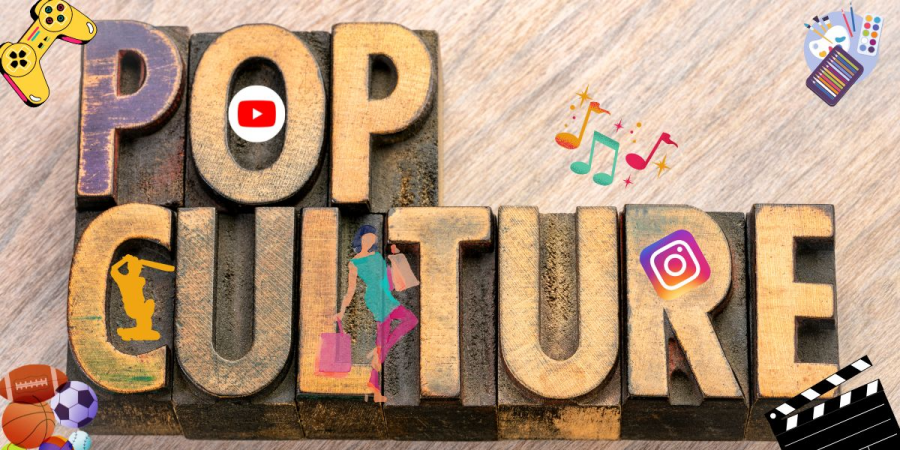

Pop culture, encompassing the entertainment, fashion, and trends that define an era, profoundly influences society by shaping behaviors, values, and social norms. From music and movies to social media and fashion, pop culture reflects and molds the collective consciousness of a population.
#### Historical Context
Pop culture's roots trace back to the 20th century with the rise of mass media. Radio, television, and film created platforms for shared cultural experiences. Icons like Elvis Presley and The Beatles, and shows like "I Love Lucy," became household names, influencing tastes and lifestyles. This era marked the beginning of pop culture's significant impact on societal norms and values.
#### Music as a Cultural Shaper
Music has a unique power to unite people, inspire movements, and reflect generational moods. The 1960s saw music as a form of protest and expression during the civil rights movement and the Vietnam War. More recently, hip-hop has become a voice for marginalized communities, with artists like Kendrick Lamar and Beyoncé addressing social justice issues and influencing public discourse.
#### Film and Television
Film and television shape societal norms by reflecting contemporary issues and inspiring change. Shows like "Friends" and "The Simpsons" influence fashion, language, and social interactions. Movies like "Brokeback Mountain" and "Moonlight" advance LGBTQ+ representation and acceptance, contributing to a broader understanding and acceptance of different identities.
#### Fashion as Identity Expression
Fashion allows individuals to express identity and align with cultural trends. Influential figures like Madonna in the 1980s and Rihanna today promote styles that challenge norms and celebrate individuality. Social media platforms amplify these trends, making them global phenomena.
#### The Digital Age and Social Media
The internet and social media have exponentially increased pop culture's influence. Platforms like Twitter, Instagram, and TikTok allow trends, memes, and cultural phenomena to spread rapidly. Influencers and celebrities shape opinions and trends in real time, democratizing pop culture and allowing ordinary individuals to become cultural icons.
#### Shaping Values and Attitudes
Pop culture significantly shapes societal values and attitudes, challenging stereotypes and promoting inclusivity. However, it can also reinforce negative stereotypes and harmful norms, such as unrealistic beauty standards and materialism. Engaging with pop culture critically is essential for harnessing its positive potential and mitigating negative impacts.
#### Conclusion
Pop culture is a powerful force reflecting and shaping society. Its influence spans music, film, television, fashion, and social media, impacting how people think, behave, and interact. As pop culture evolves, its role in shaping societal norms and values remains significant, underscoring the need for thoughtful engagement with its content.
